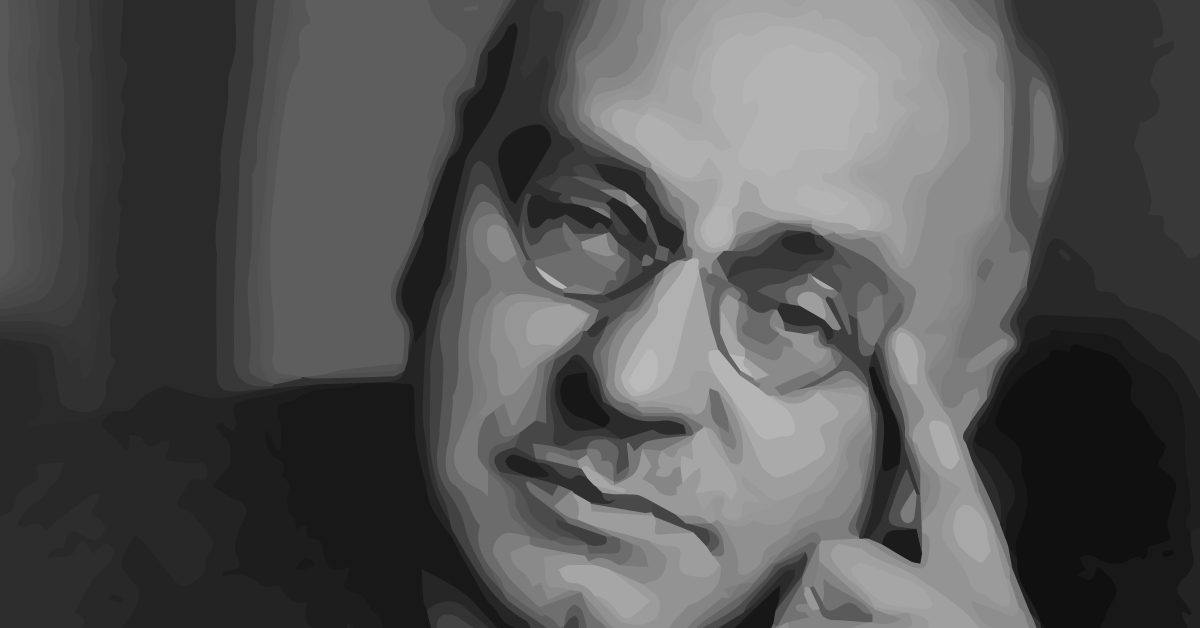
Adler broke away from Freud and named his post-independent group the “Society of Individual Psychology,” and Adler’s psychology came to be known as “Individual Psychology”.
I would like to think that “the name represents the body,” but I imagine that no one can understand Adler’s psychology even “vaguely” from that alone, since the Japanese name comes from the common Japanese translation of the English word “individual,” which is “individual”.
The English word Individual comes from the Latin individuum, meaning “the whole that cannot be divided. This is exactly what Adler’s psychology is about, and it is the antithesis of Freud’s “structural theory,” which sees the mind as divided into three layers.
Sometimes we act without thinking too much, only to realize later that our actions have led to good results. Adler’s point of view is here, and instead of explaining it in terms of consciousness or unconsciousness, he believes that there is a motivating factor that prompts us to act, and that all of these, including joy, anger, sorrow, and pleasure, and their intermingled states, are who we are, and that there is no point in dividing them up. This is “holism,” which further leads to “objectivism,” which symbolizes Adler’s future orientation.
Adler, like Freud and Jung, started out as a psychiatrist. After World War I, however, he began to reveal himself as a philosopher, social psychologist, and educator. Adler’s own writings are surprisingly few; most of them are collections of articles by other people involved in the field, or transcripts of lectures by Adler. Freud has a vast amount of writings. In other words, he is a rigid “writer”. Adler, on the other hand, can be described as a friendly “talker”.
He overcame his fear of death by becoming a doctor; he studied hard to catch up in his studies; he became interested in the effects of his environment and social causes, such as bad luck and low class; and he married a strong woman who was active in the political movement. He was attracted to and married a strong woman who was active in political activism. Adler emphasized the importance of social and sexual equality, finding a place in life in a way that was beneficial to society, and working together cooperatively to deal with the challenges life throws at us. (Adlerian Psychology for the Modern Age/Ichiko-sha)” His way of life as a human being provides the framework for Adler’s “future-oriented” approach.
What makes Adler’s narrative reminiscent of coaching can be found in the philosophy he developed throughout his life.
(The above English translation is for a reference purpose only and a re-translation of the Japanese into English. Accordingly, please refer to the original text as appropriate.)
コーチング情報局を運営する株式会社コーチビジネス研究所では、企業を対象としたコーチング研修、ビジネスパーソンを対象としたビジネスコーチング、個人の方を対象としたライフコーチングを提供しております。その他、コーチングを学びたい方のためのコーチングスクールの運営、経営者やビジネスリーダー向けにセミナーを開催しています。興味や関心がございましたら、お気軽にご相談・お問い合わせください。
This article was written in Japanese and converted into English using a translation tool. We hope you will forgive us for any inadequacies.
Coach Business Laboratory, Inc., which operates the Coaching Information Bureau, provides coaching training for companies, business coaching for business people, and life coaching for individuals. In addition, we operate a coaching school for those who want to learn coaching and hold seminars for executives and business leaders. If you are interested or have any questions, please feel free to contact us for further information and consultation.


